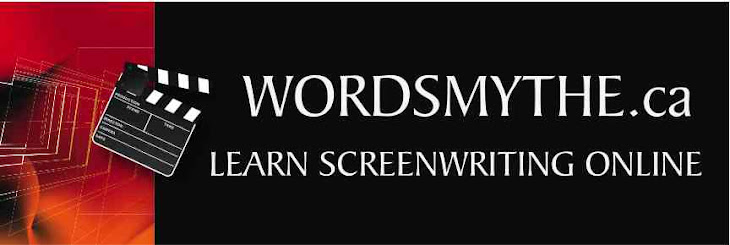Write what you know is probably the oldest piece of advice there is for aspiring writers. But just because it’s old doesn’t mean it’s BAD… or necessarily good either. Here’s my take on what it means.
Writing what you know doesn’t mean that if you janitor at night to pay the bills while you learn the craft of writing that you only ever get to write movies about janitors. What I do believe ‘writing what you know’ refers to is what you 'know' emotionally.
Screenplays are driven by the ups and downs of the main characters quest. The ups and downs refer to both the storyline (or action) but also your heroine/hero’s emotions. And this is where many new writers come up short. They often side-step tackling the really BIG EMOTIONS. Oh sure, we see death scenes, sex scenes, pillage scenes, car chases & death from car chases - but what we don’t see is REAL, GENUINE heart-felt emotions that arise from these events.
Often, the new writer doesn’t show us the ‘FALLOUT’ from these events in our hero’s life. And yet, it’s exactly that exploration of emotional subtext that makes film REAL to us the audience. It’s that bond of shared emotional experience that connects us to the heroine/hero in the end. So, ‘write what you know’ means write from a place of emotional honesty. Either take the risk to write from your very own place of emotional experience. Or take the time to understand and EMPATHIZE with someone who has lived the experience you are going to write about.
LIVE it, (the emotion you’re writing about); FEEL it if you’re hoping to write it and ultimately convince an audience to believe it and then WRITE it. We all have a 6th sense concerning emotional honesty… discover yours, and write from that place for compelling screenplays. That’s my take on what the phrase - write what you know - is really advocating to new writers.
I hope this helps. And I wish you luck with your screenplay - let me know when you’ve completed your script. I’d love to read your work!
Subscribe to:
Comments (Atom)






